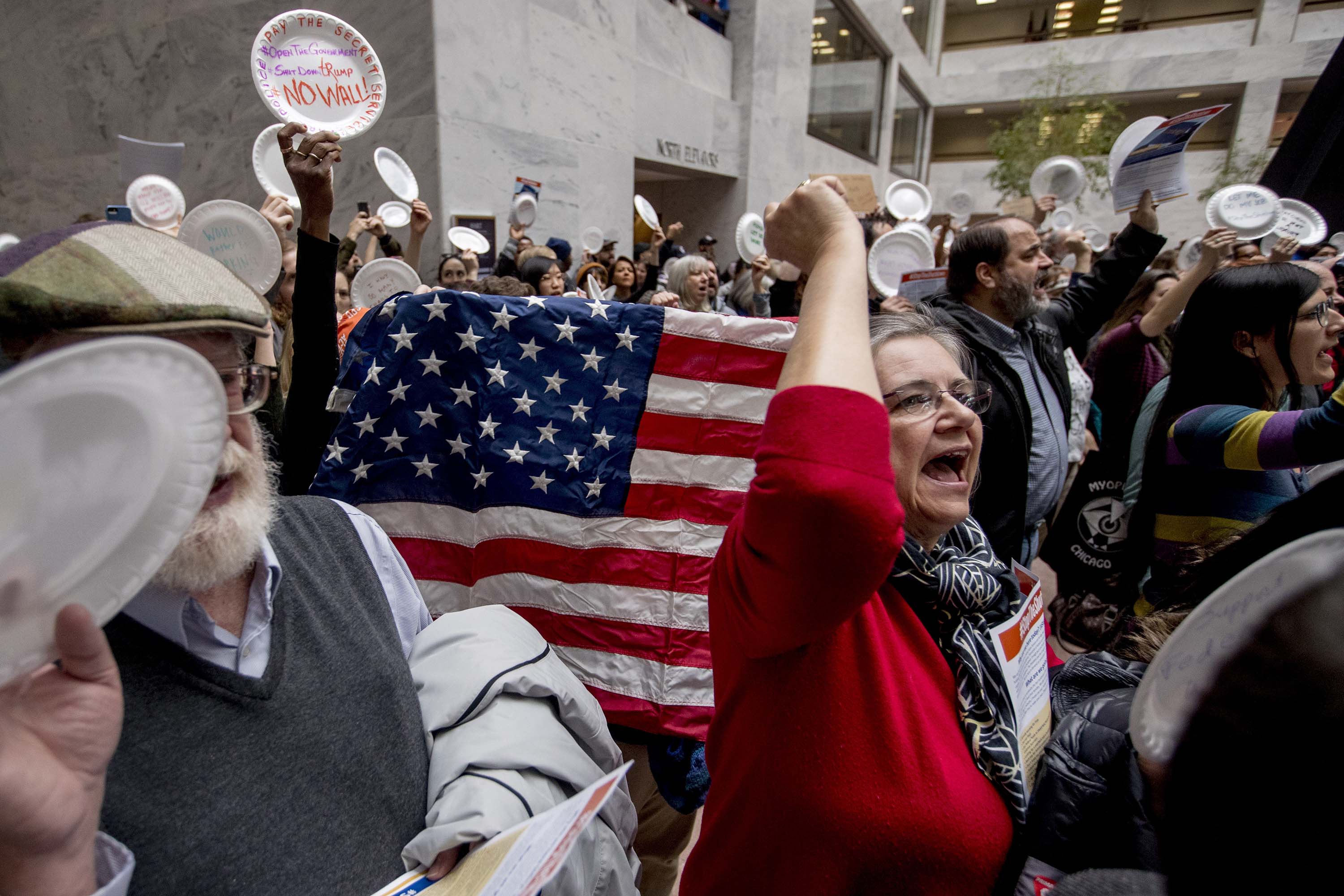Rep. Rich McCormick, R-Ga., made headlines recently with his alarming assertions regarding the federal freeze on school lunch programs, provoking outrage as he suggested children should abandon the safety net of government assistance and instead seek employment. His comments during a CNN interview reveal a shocking disconnect from the reality faced by low-income families and the critical role that programs like the National School Lunch Program play in combating child hunger.
Child Labor Not a Solution
In a bid to defend the White House"s decision to pause federal funding for essential food programs, McCormick declared that children should not receive free lunches but should instead be working at fast-food restaurants over the summer. This perspective is not only inflammatory but also dangerously regressive, undermining decades of progress in child welfare and nutrition. McCormick’s nostalgic recollection of his own childhood labor in the fields disregards the modern context in which many families struggle to make ends meet.
Impact on Vulnerable Children
As reported by CBS News, the freeze on federal funds affects crucial programs that provide nutritional assistance to low-income children, including Head Start and the National School Lunch Program. These programs are lifelines for millions of families, offering meals that not only fill stomachs but also play a vital role in children"s overall development and academic success. McCormick"s comments reflect an alarming tendency among some lawmakers to prioritize budget cuts over the well-being of the nation’s most vulnerable citizens.

What an ongoing government shutdown means for school lunch | CNN
Misguided Beliefs About Poverty
During his interview, McCormick expressed a belief that government assistance creates dependency, claiming that it penalizes those attempting to work. His rhetoric echoes outdated stereotypes that equate welfare with laziness, ignoring the systemic barriers that many families face. According to research, children from families living at or below the Federal poverty level are eligible for free meals based on criteria that consider their circumstances, including being homeless or in foster care. These factors highlight that many children are not given the luxury of choice that McCormick seems to advocate.
Nutrition and Health Disparities
McCormick"s comments about childhood obesity also reveal a troubling misunderstanding of the intersection between poverty and nutrition. He questioned why America"s poorest citizens are often the most overweight, a phenomenon that underscores the complexities of food deserts and nutritional inequality. As noted by The Hechinger Report, the suspension of funding for school meals could lead to a deterioration in children’s health outcomes, exacerbating existing disparities and perpetuating a cycle of poverty that is difficult to escape.

Georgia State Capitol, Capitol Square, Atlanta, Fulton County ...
Call for Advocacy and Action
The implications of McCormick’s perspective extend beyond mere rhetoric; they represent a broader trend within Republican circles that undermines social safety nets designed to protect children and families. Advocates for civil rights and social justice must remain vigilant and vocal against these harmful narratives. It is imperative that we advocate for policies that support, rather than penalize, vulnerable communities.



![[Video] Gunfire between Iraqi security forces and Sadr militias in Baghdad](/_next/image?url=%2Fapi%2Fimage%2Fthumbnails%2Fthumbnail-1768343508874-4redb-thumbnail.jpg&w=3840&q=75)
